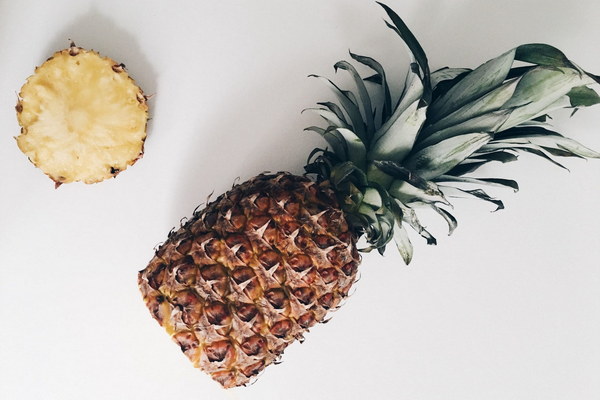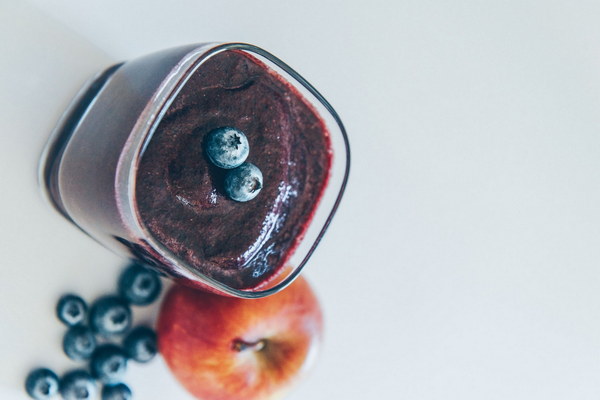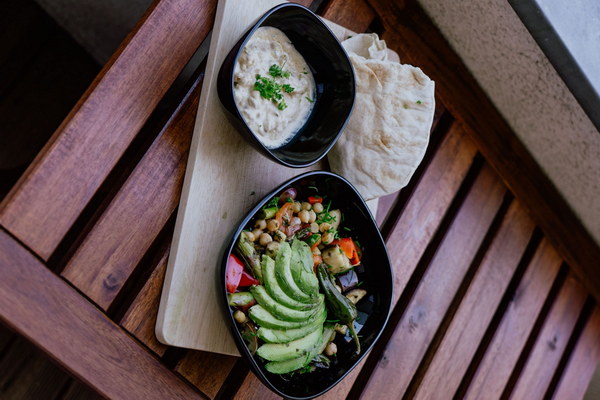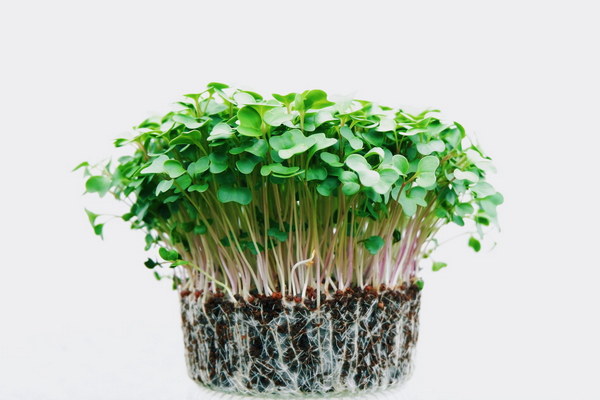Japan's Harmonious Fusion of Tradition and Modernity in Wellness Culture
Japan, a nation renowned for its rich cultural heritage and technological advancements, has long embraced a unique approach to wellness and longevity. Known as kangyou in Japanese, the concept of health and wellness is deeply intertwined with the country's traditions and modern lifestyle. This article delves into the harmonious fusion of tradition and modernity in Japan's wellness culture.
1. Traditional Practices
Japanese culture places a strong emphasis on balance and harmony in all aspects of life. In the realm of wellness, this is evident in several traditional practices:
a. Tea Ceremony: The Japanese tea ceremony, or chanoyu, is a ritualistic practice that focuses on mindfulness, simplicity, and the appreciation of beauty. It promotes relaxation, reduces stress, and encourages a sense of community.
b. Meditation: Meditation, or zazen, has been a staple in Japanese culture for centuries. It helps individuals cultivate mental and emotional well-being, leading to a healthier lifestyle.
c. Yoga and Qigong: While not traditional Japanese practices, yoga and qigong have gained popularity in recent years. These practices emphasize the connection between the mind, body, and spirit, promoting overall health and balance.
2. Japanese Diet
The Japanese diet is famous for its emphasis on fresh, whole foods and the use of seasonings like soy, seaweed, and green tea. This diet offers numerous health benefits, including:
a. Low-Calorie, High-Fiber Foods: The Japanese diet is rich in vegetables, fruits, and whole grains, which provide essential nutrients while keeping calorie intake low.
b. Seafood: Japan's coastal location allows for an abundance of seafood, which is a great source of omega-3 fatty acids and other beneficial nutrients.
c. Fermented Foods: Fermented foods, such as miso, natto, and pickled vegetables, are a staple in the Japanese diet. These foods are rich in probiotics, which promote gut health and overall well-being.
3. Modern Wellness Trends

Japan's wellness culture has adapted to the modern world, incorporating cutting-edge technology and innovative approaches:
a. Smart Health Technology: Japan is at the forefront of health technology, offering devices that track heart rate, sleep patterns, and even stress levels. These devices help individuals make informed decisions about their health.
b. Holistic Wellness Retreats: Modern wellness retreats in Japan offer a blend of traditional practices and modern amenities. These retreats focus on physical, mental, and spiritual well-being, catering to the needs of today's fast-paced world.
c. Workplace Wellness Programs: Japanese companies recognize the importance of employee well-being and have implemented various wellness programs. These programs aim to reduce stress, improve productivity, and foster a healthy work-life balance.
4. The Future of Japanese Wellness Culture
As the world continues to grapple with the challenges of modern life, Japan's wellness culture offers valuable insights. The harmonious fusion of tradition and modernity in Japan's approach to health and wellness can serve as a blueprint for other nations.
In conclusion, Japan's wellness culture is a testament to the power of blending ancient traditions with modern innovations. By focusing on balance, mindfulness, and a holistic approach to health, Japan has created a unique and effective path to well-being. As the world looks to improve its health and longevity, Japan's wellness culture offers a shining example of what can be achieved through a harmonious fusion of tradition and modernity.









